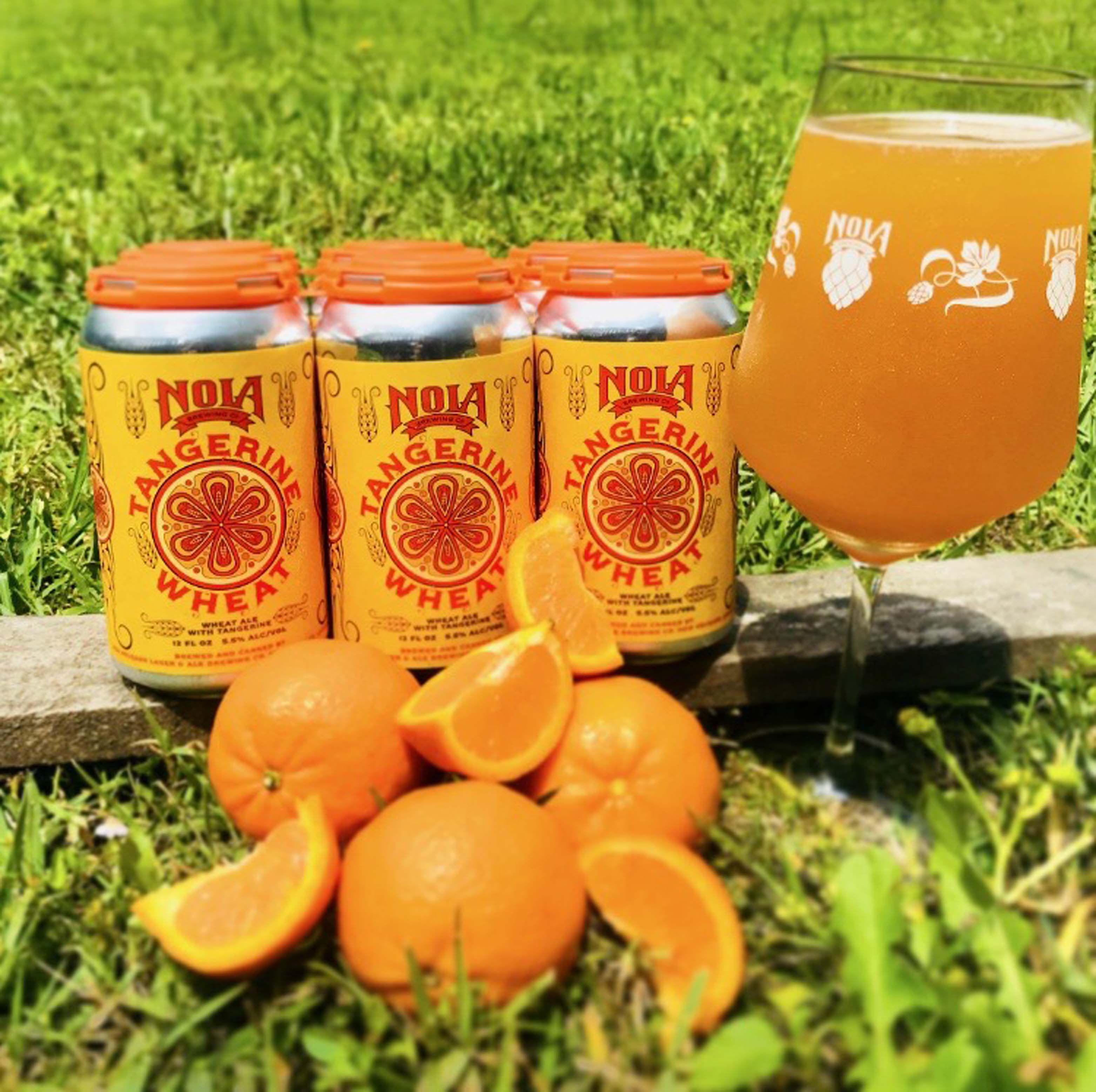

Atway was said to have imported them from Morocco (more specifically its third-largest city Tangier), which was the origin of the name. Tangerines were first grown and cultivated as a distinct crop in the Americas by a Major Atway in Palatka, Florida. tangeriana" which grew in the region of Tangiers.

The adjective was applied to the fruit, once known scientifically as " Citrus nobilis var. Fresh tangerine juice and frozen juice concentrate are commonly available in the United States.Īccording to the Oxford English Dictionary (OED), the word "tangerine" was originally an adjective meaning "Of or pertaining to, or native of Tangier, a seaport in Morocco, on the Strait of Gibraltar" and "a native of Tangier." The OED cites this usage from Addison's The Tatler in 1710 with similar uses from the 1800s. The peel is used fresh or dried as a spice or zest for baking and drinks. The fresh fruit is also used in salads, desserts and main dishes. Tangerines are most commonly peeled and eaten by hand. Peak tangerine season lasts from autumn to spring. All of these traits are shared by mandarins generally. The peel is thin, with little bitter white mesocarp. A ripe tangerine is firm to slightly soft, and pebbly-skinned with no deep grooves, as well as orange in color. The taste is considered less sour, as well as sweeter and stronger, than that of an orange. Tangerines are smaller and less rounded than the oranges. The term is also currently applied to any reddish-orange mandarin (and, in some jurisdictions, mandarin-like hybrids, including some tangors). Under the Swingle system, tangerines are considered a group of mandarin ( C. Under the Tanaka classification system, Citrus tangerina is considered a separate species. The name was first used for fruit coming from Tangier, Morocco, described as a mandarin variety. It is a group of orange-colored citrus fruit consisting of hybrids of mandarin orange varieties, with some pomelo contribution. Citrus tangerina is also treated as a synonym of Citrus deliciosa. It has been treated as a separate species under the name Citrus tangerina or Citrus × tangerina, or treated as a variety of either Citrus reticulata, the mandarin orange, or Citrus × aurantium, the bitter orange. You can find out more about investing in BrewDog at tangerine is a type of citrus fruit that is orange in color. But the vast majority of our beers are – and always have been – suitable for those who are vegan, and we are proud that BrewDog beers are now officially documented as such. There are a small handful of exceptions – our beers that contain milk (such as Jet Black Heart) and those that contain honey (Dogma, Electric India). For some time we have wanted its hard work officially acknowledged, so we are hugely excited to be registered with the Vegan Society, and from now on BrewDog beers will carry that instantly-recognisable logo on the reverse of our labels. Our centrifuge was a key component of our move to Ellon in 2013, and has been whirring away ever since. This gyratory guardian spins at 4,700 times per minute, pushing the unwanted particulates to the bottom whilst leaving our beer suitable for vegans! We let technology handle things instead, with our rock and roll centrifuge. These are not things we have ever used at BrewDog – as far as we’re concerned their only possible advantage is purely one of cost. These substances, known as finings, bind to yeast and cause it to settle out, leaving behind a clearer beer. This latter product may sound like an orc-besieged castle in Middle Earth, but is actually derived from the swim bladders of certain fish.

Some breweries use fish or animal-derived products to improve the clarity of their beers – either gelatin or Isinglass. So what exactly is vegan-friendly beer, and how do ours qualify? That’s not something that can be said by the peddlers of lowest-common denominator industrial beer, who are driven purely by their balance sheets. We are now registered with the Vegan Society.įrom now on our beer labels will proudly bear this logo, indicating that they are suitable for the hundreds of thousands of people who follow the principles of veganism in the UK (and many more overseas). This continuing quest to be inclusive has led to our latest milestone. When you’re breaking down the walls of mass-produced beer your outlook needs to be as all-encompassing as possible, which is why our line-up features 0.5% beer ( Nanny State) and gluten-free beer ( Vagabond Pale Ale). You can find out more about investing in BrewDog at It’s a huge deal when someone tries one of our craft beers for the first time.


 0 kommentar(er)
0 kommentar(er)
